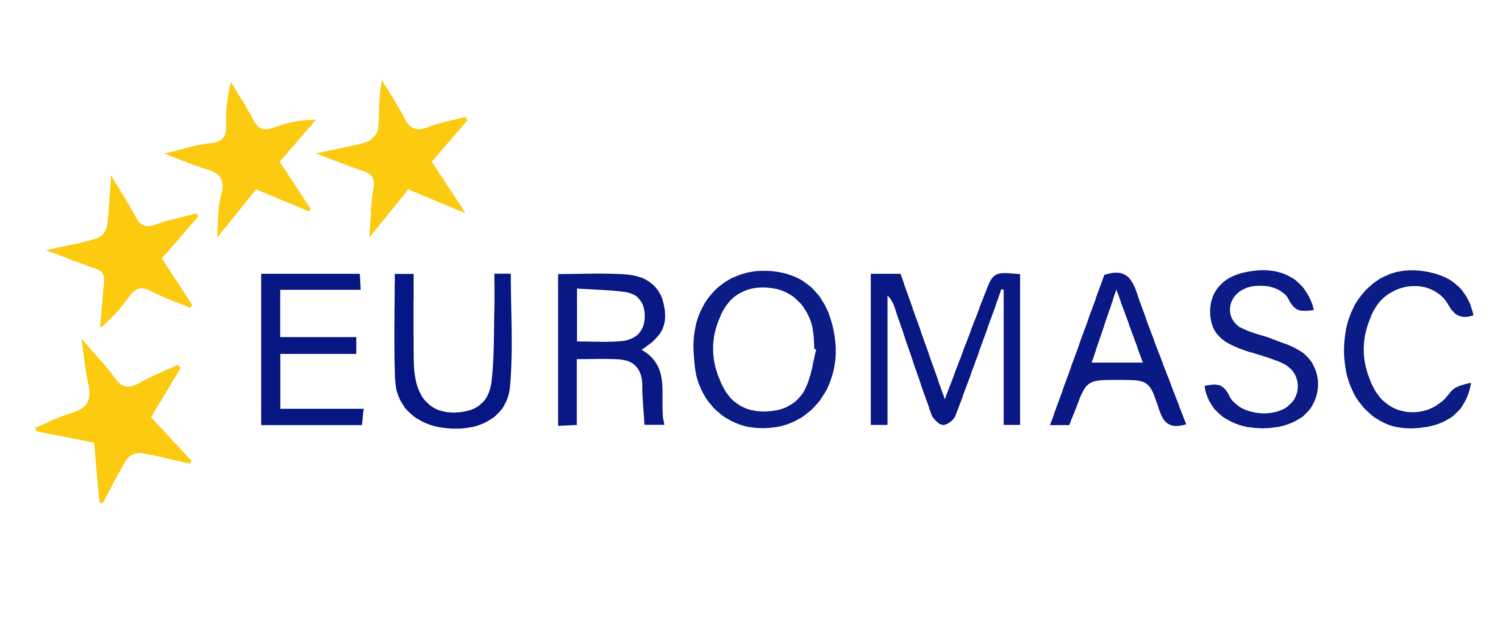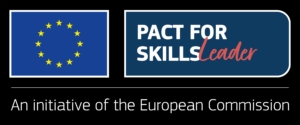ECVET based transnational comparison and development of craft qualification matrixes
Leonardo da Vinci Centralised ECVET Pilot project (2009-2012) DE , FR, AT, SI, NO
ZDH – Zentralverband des Deutschen Handwerks (www.zdh.de ) (147735-LLP-1-2008-1-DE-ECVET (2008-3992))
The European Credit system for Vocational Education and Training (ECVET) is a European instrument to foster transnational mobility in vocational education and training. It has been developed by Member States of the European Union in cooperation with the European Commission. In 2008, the European Commission issued a call for proposal to finance projects under the lifelong learning action programme whose aim was to test the implementation of the ECVET process. As a result, SME MASTER Plus and ten other European pilot projects were selected.
The SME Master Plus project was piloting the ECVET application within the framework of training for master craftsperson. The main goals were to support ‘Europeanisation’ of these CVET-qualifications and by enhancing transnational mobility of master craftsperson to also achieve a positive long-term effect on the mobility rate in IVET. Furthermore, the project aimed at implementing an international network of master craftsperson training providers. The partnership developed an ECVET-toolbox covering the main instruments and principles of the ECVET recommendation including:
- Learning outcome matrices for the master craftsperson qualifications in bakery, hairdressing, joinery / cabinetmaking and floristry.
- templates for a Memorandum of Understanding, to implement institutional mobility-partnerships between competent institutions,
- templates for Learning Agreement and Personal Transcript, for individual mobility projects,
- checklists for each step of the mobility process.
The feasibility of these tools have been tested in real mobility exchanges and adjusted on the basis of the feedback gained by the sending and receiving organisations as well as the participants.
Partners involved in SME MASTER Plus mostly represent the interests and needs of the skilled craft sector in their respective countries. Most of them are competent and/or intermediary bodies and active members of the European platform Euro-Apprenticeship which aims at enhancing mobility in VET. They consider the establishment of transnational mobility programmes as an important part of the vocational education and training of apprentices and master craftsperson trainees in craft sectors.

